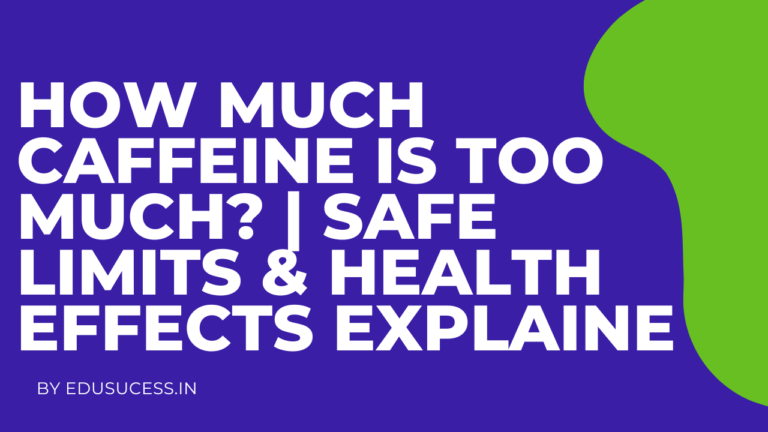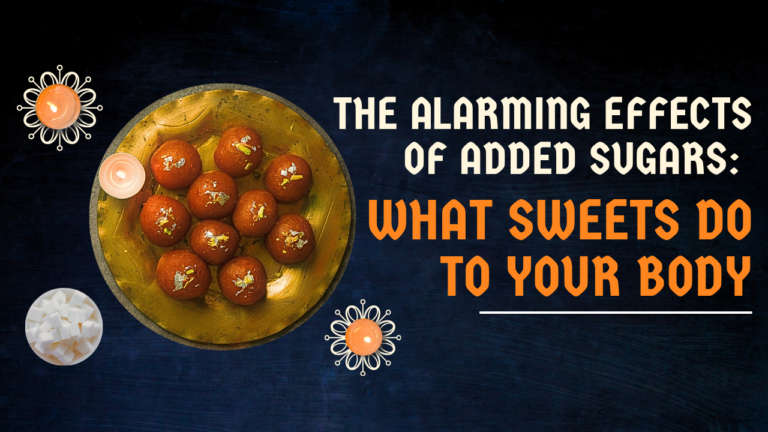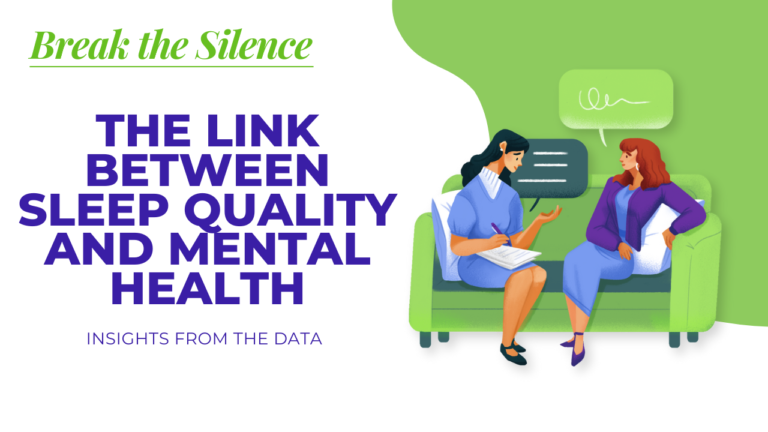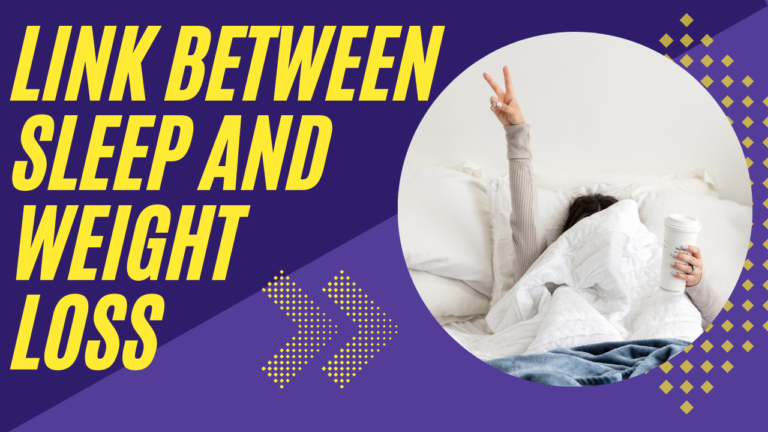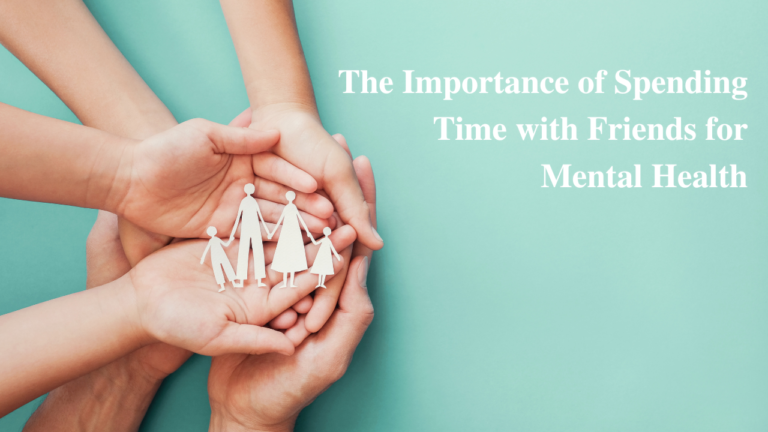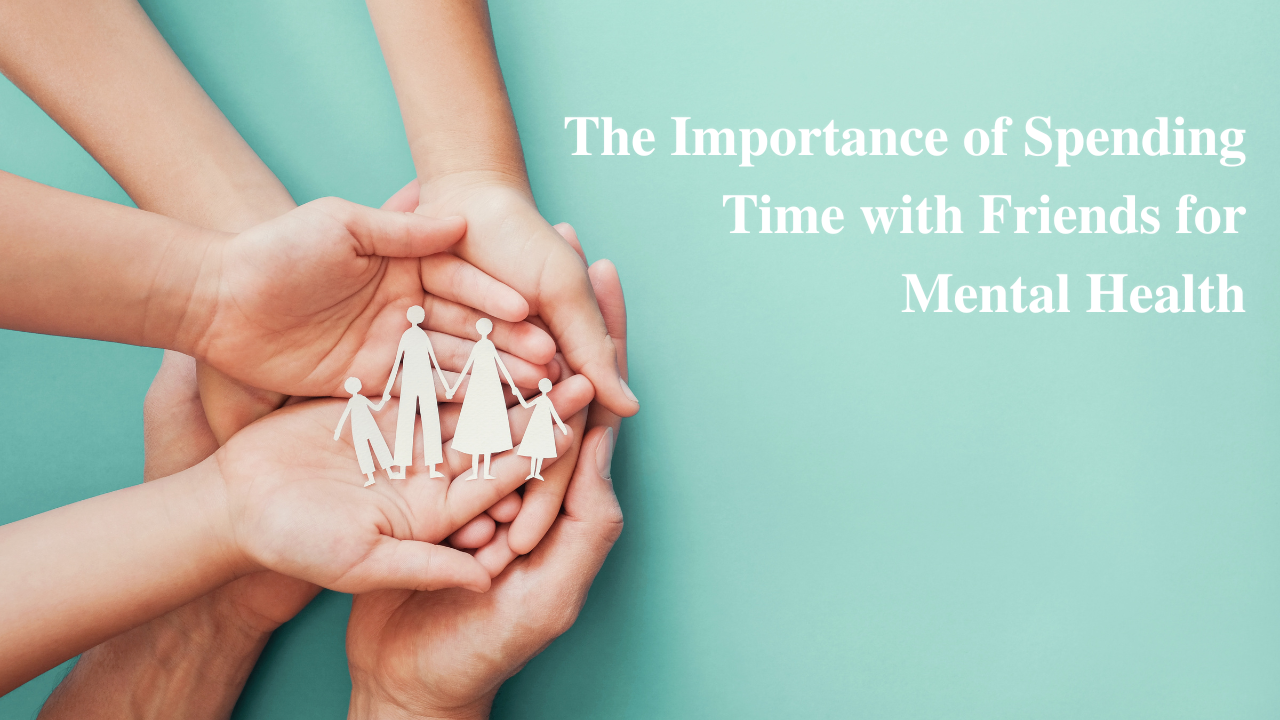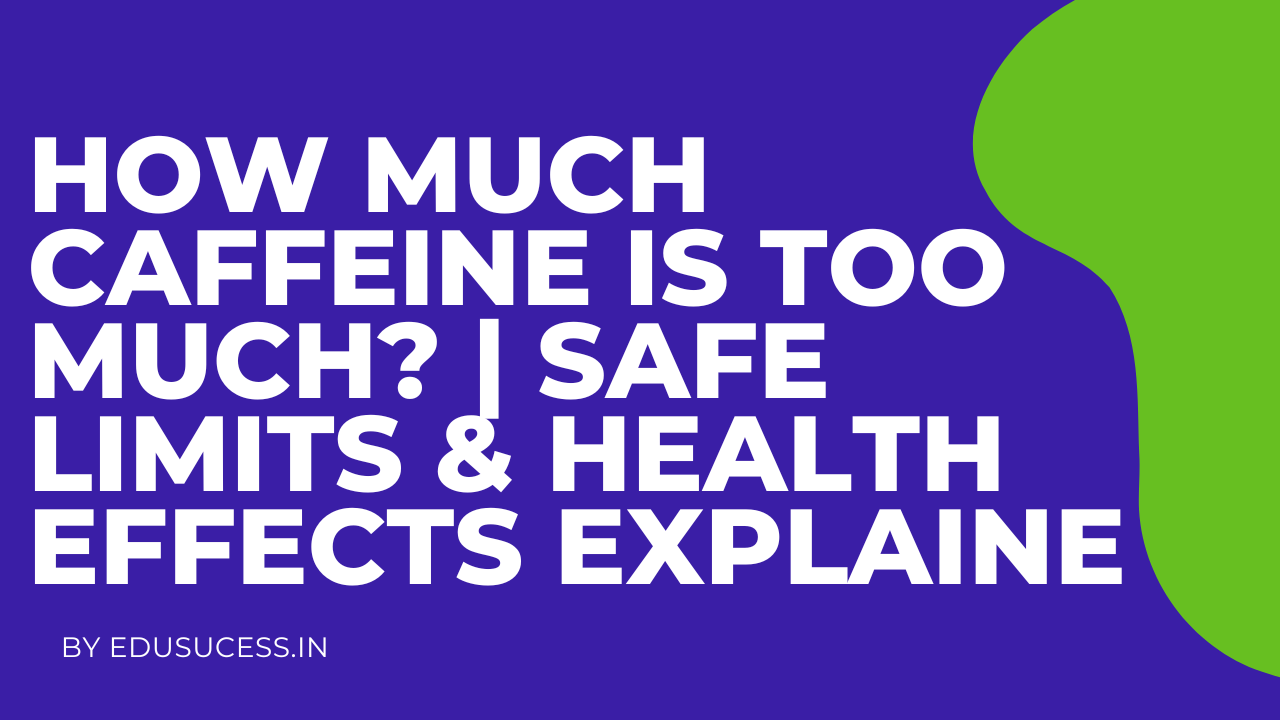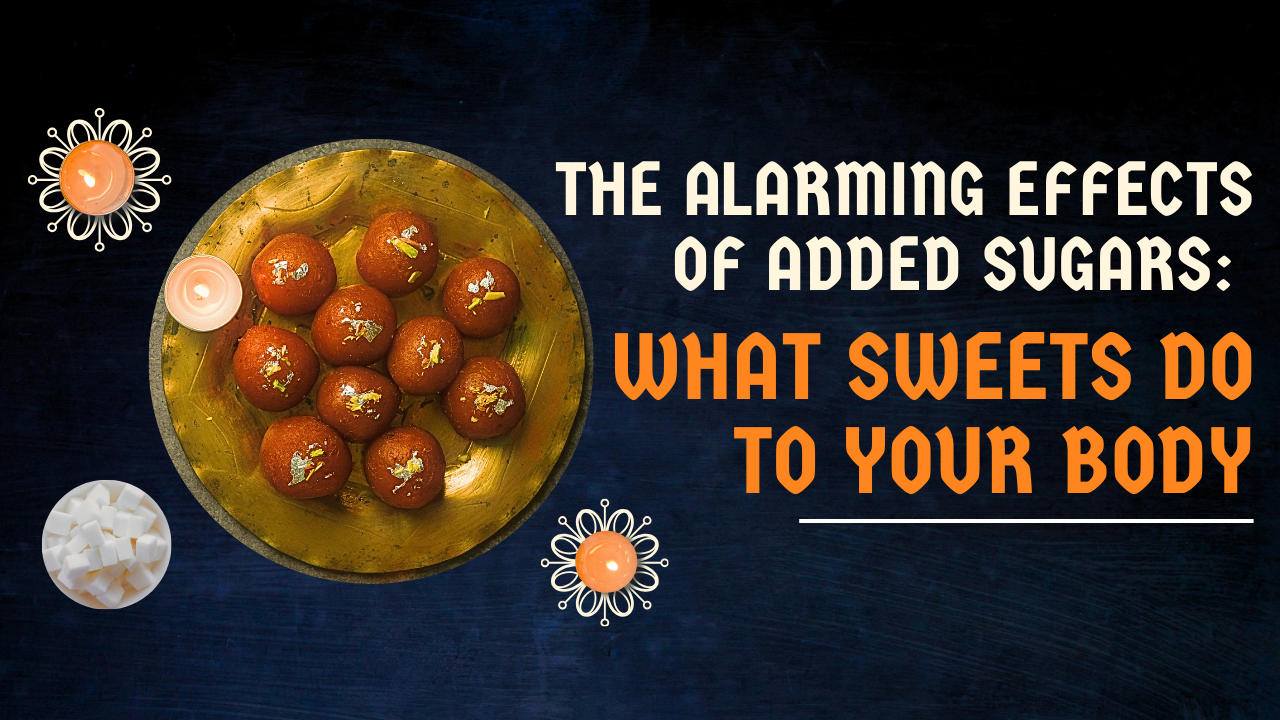Introduction
In today’s fast-paced world, maintaining mental health is more important than ever. While many factors contribute to mental well-being, one of the most powerful and often overlooked aspects is spending time with friends for mental health. Social connections, particularly with close friends, play a pivotal role in reducing stress, improving mood, and enhancing overall psychological well-being. This blog post explores why spending time with friends is essential for mental health and how you can make meaningful social connections that benefit your mind and body.
Why Spending Time with Friends is Crucial for Mental Health
1. Social Support Reduces Stress
One of the primary benefits of spending time with friends is the emotional support they offer. Friendships create a safe space for expressing feelings, sharing struggles, and receiving advice. When you spend quality time with friends, it provides an outlet for stress and anxiety, which can significantly reduce the negative impacts on mental health.
Research shows that social support can help reduce cortisol levels (the stress hormone), which is linked to better coping mechanisms and lower stress levels over time.
2. Friends Improve Your Mood
Spending time with friends is associated with increased happiness and emotional stability. When you engage in fun, positive activities with your friends, it releases endorphins – the body’s natural feel-good hormones. This can elevate your mood, making you feel more content and less likely to experience symptoms of depression or anxiety.
Whether you’re enjoying a hearty conversation, playing a game, or simply hanging out, these activities foster a sense of connection and joy that directly enhances mental health.
3. Friendships Combat Loneliness
Loneliness can have a severe negative impact on mental health, leading to depression, anxiety, and low self-esteem. Spending time with friends provides a sense of belonging and companionship that alleviates feelings of isolation. Regular social interactions with friends can help prevent loneliness and promote better emotional balance.
4. Positive Peer Influence and Encouragement
Having friends who encourage healthy behaviors, such as exercising or maintaining a balanced lifestyle, can have a positive effect on your mental health. Friends can motivate you to pursue activities that promote well-being and steer you away from harmful habits. They also provide valuable perspective and guidance during difficult times, helping you stay grounded and focused on solutions rather than problems.
The Science Behind Friendships and Mental Health
Studies have consistently shown that strong friendships are linked to improved mental health outcomes. For example, a study published in the Journal of Health and Social Behavior found that people with close friendships are less likely to experience symptoms of depression and anxiety. Socializing with friends can also improve cognitive function and lower the risk of mental decline as we age.
The positive effects of friendships on mental health are not just about having fun—they also play an essential role in resilience. Spending time with friends strengthens the brain’s ability to handle stress, boosts self-confidence, and promotes emotional stability.
How to Spend Time with Friends to Boost Mental Health
Now that you understand the importance of friendships for mental health, here are a few simple ways to spend quality time with friends and enhance your well-being:
- Plan Regular Get-Togethers
Make time for regular social activities, whether it’s a weekend coffee date, a movie night, or a fun outdoor adventure. Regular interactions keep friendships strong and create lasting memories. - Engage in Group Activities
Join a hobby or activity that interests you and your friends. It could be a fitness class, art workshop, or even volunteering together. Shared experiences foster deeper connections and can improve your mood. - Be Present
Quality is more important than quantity. Be fully present when you spend time with friends—this means putting away distractions like your phone and truly engaging in conversation or activities. - Offer Support and Encouragement
Friendships are a two-way street. Ensure that you’re not just receiving emotional support but also offering it to others. Being a supportive friend enhances feelings of connection and mutual respect. - Be Open and Vulnerable
Sharing your thoughts and feelings openly with friends builds trust and strengthens the bond. Vulnerability in friendships can create a sense of emotional security, which is beneficial for mental health.
Conclusion
Spending time with friends for mental health is not just about having fun—it’s a crucial part of maintaining emotional and psychological well-being. Whether you’re looking to reduce stress, improve your mood, or simply find support during challenging times, friendships provide a foundation for mental health. Make time for the people who uplift you, engage in meaningful activities, and foster connections that contribute positively to your life. Prioritize your friendships as part of your self-care routine and reap the mental health benefits that come with it.
Call to Action: If you found this post helpful, share it with your friends and family to encourage them to prioritize their relationships. Also, don’t forget to check out our other blog posts on mental health and self-care tips!

